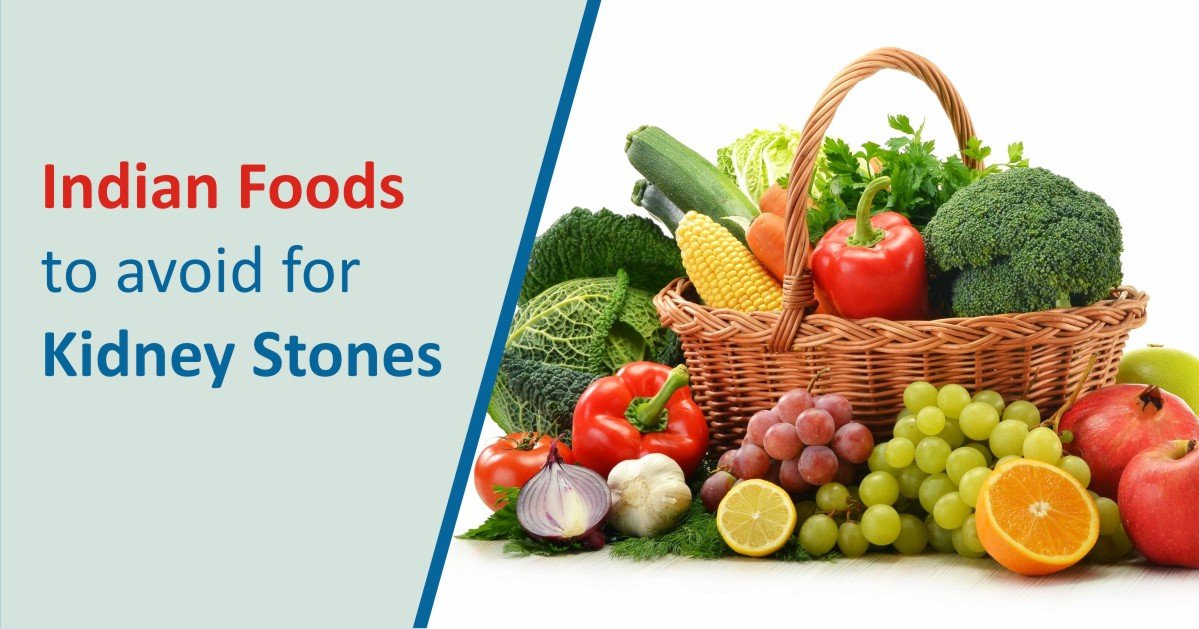
Kidney stones are fairly frequent among individuals, and if you’re wondering why, the answer is as simple as it is complicated: a lack of enough water.
Yes, one of the most common causes of kidney stones is a lack of hydration. Water is referred to as the “source of life” for a cause, and a lack of it may result in various diseases, including kidney stones. When your body does not receive enough water, it can dilute uric acid, resulting in even more acidic urine. Kidney stones are formed due to the acidic environment that exists in your kidney. Kidney stones are also caused by a buildup of oxalate or phosphate inside the body, which may adhere to the calcium available in the kidney and crystallize, resulting in stone formation.
A well-balanced diet and enough hydration are critical in preventing kidney stone formation. Several foods are known to cause kidney stones, and it is recommended to avoid them whenever possible. Check out the following 8 Indian foods to avoid kidney stones from forming.
One of the essential things to do is reduce your sodium consumption, which means eating foods lower in salt. It is known that sodium encourages calcium accumulation and that having an excess of it will almost certainly result in kidney stones. So, toss away those manufactured junk meals since they are nothing more than sodium powerhouses, and when dining out, ask for cuisine that is lower in sodium content. This simple practice may rescue you from the uncomfortable condition you are experiencing.
If you’re wondering why having too much vitamin C is bad for your health, read on. Even while vitamin C is very useful, taking an excessive chemical might have negative consequences. Because our bodies do not have a specific manner of storing Vitamin C, we should limit our consumption to 500mg per day. This results in the generation of oxalate, which is responsible for the formation of the stones.
Carbonated drinks, despite their allure and delectable taste, are a total no-go when it comes to kidney stones. Sodas include phosphoric acid, which is very detrimental to your health, and since they contain phosphate, they may result in kidney stones if consumed in large quantities. Because our bodies already have a sufficient quantity of, taking more of it results in an overdose, which might result in stones. Because our bodies cannot hold onto the extra phosphate, it crystallizes and creates kidney stones in the process.
Note: Limit your intake of animal protein.
Yes, consuming an excessive amount of animal protein, such as red meat, seafood, and so on, is one of the contributing factors to kidney stones. Include a heart-healthy dose of protein in your diet, but spread it out over the day rather than eating it all at once. Animal protein has been shown to increase the amounts of uric acid while decreasing the levels of citrate. Interestingly, citrate has been shown to assist in preventing the production of kidney stones, while uric acid has been shown to cause the creation of kidney stones. Consequently, if you have kidney stones, you should restrict your consumption of animal protein.
Rhubarb is one of the most important foods to avoid with kidney stones. While consumed in moderation, they are not dangerous, but you should avoid this vegetable at all costs when suffering from kidney stones. It has a high concentration of oxalic acid, which is detrimental to kidney stones. It has the potential to induce the stones to crystallize, even more, resulting in even larger kidney stones.
If you’ve been under the assumption that greens are always good for you and should be eaten regularly, you’re in for a surprise. Oxalic acid is found in roughly 1 gram of spinach per 100 grams of spinach. If you have kidney stones, you should avoid eating them since they might aggravate the state of your kidneys even worse. The agony becomes more intense because it prevents the stones from breaking down.
Avoid goods that include added sugar, which ranges from chocolates and sweets to oats and protein bars and everything in between. As a result, before purchasing anything, be sure to read the ingredient list thoroughly. The increased sugar load causes the urine volume to decrease while the pee calcium content rises, creating the right balance of acids that cause the stones to develop.
Everyone is jumping on the bandwagon for a healthier diet because of the surge in soy products, but they don’t realize that soy may be quite hazardous in the case of kidney stones. It has a high concentration of oxalate, which can only be expelled via urine. As it travels through the kidney, oxalate binds to calcium, resulting in the development of kidney stones. Avoid consuming excessive amounts of soy products, and remember that overuse of any substance may result in negative side effects.
Kidney stones are a painful disorder that affects the kidneys. Fortunately, nutrition may be a powerful help in managing and preventing kidney stone formation. Preventing kidney stone formation by staying hydrated, avoiding meals that are heavy in salt and sugar, and balancing calcium-rich foods with oxalate-rich foods are all critical components of a kidney stone diet. We hope that our list of Indian foods to avoid kidney stones will keep you healthy!
A: Because urad dal is a diuretic, it aids in the maintenance of a healthy kidney. Toxins, uric acid, extra fat, and calcium, all of which tend to accumulate in the kidney and create stones, may be flushed out with a proper intake of this lentil.
A: Bhumi amla, also known as a stone buster, is beneficial in preventing kidney stones. In individuals with hyperoxaluria, it enhances urine magnesium and potassium excretion while lowering urinary oxalate. Bhumi amla also aids in the reduction of urinary calculi.